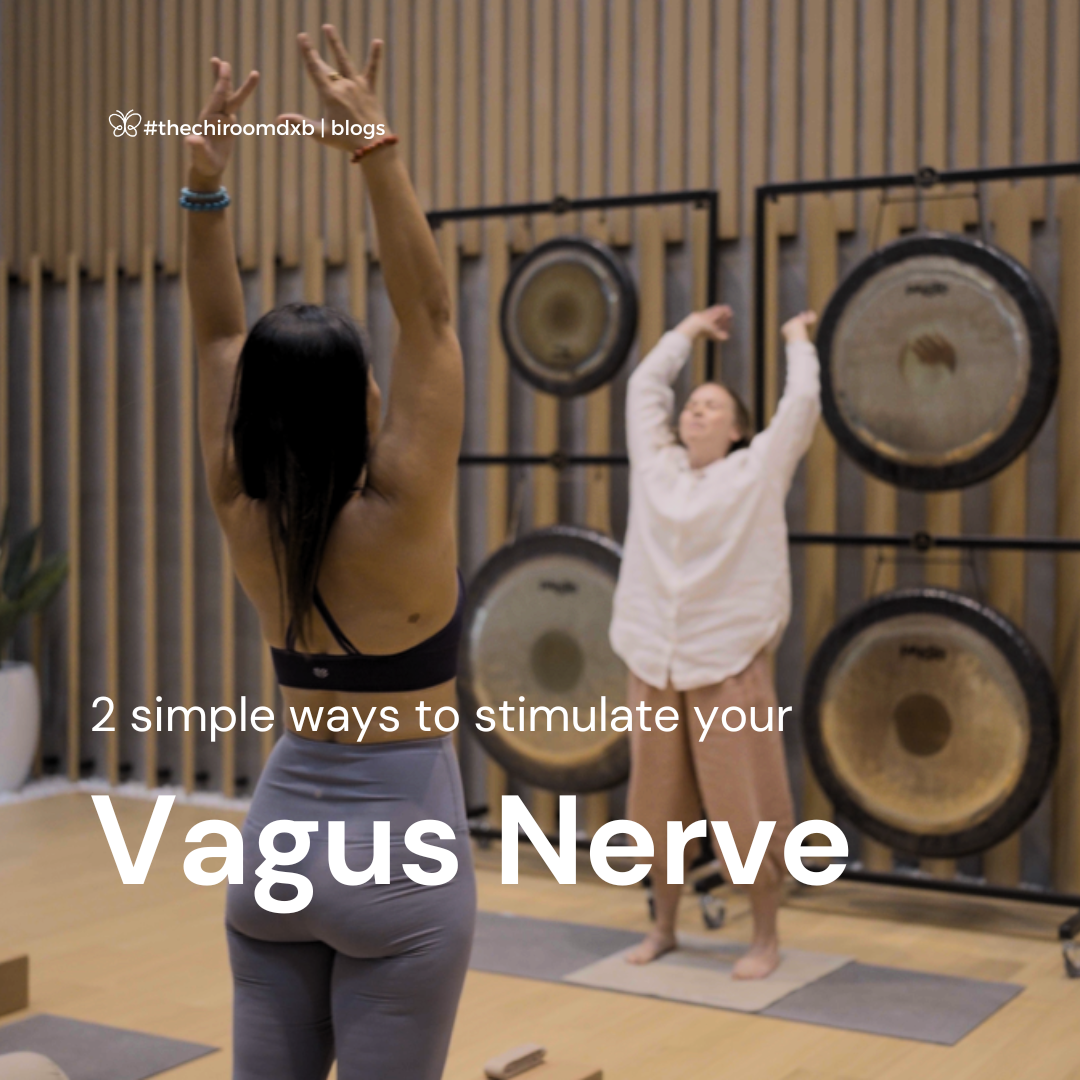
Did you know that engaging in mindful sitting and conscious breathing can bring about significant transformations in the brain?
Meditation: A Brain-Boosting Practice
We’re all familiar with the idea that meditation can lead to enhanced mental clarity, decreased stress levels, and reduced anxiety. But how exactly does meditation exert its positive effects on the brain? Research has demonstrated that mindfulness meditation induces favourable physiological changes that deepen the connection between meditation and its impact on the brain.
In recent years, meditation has become more mainstream. People are dedicating time to working with their minds, focusing on their breath, and embracing the power of the present moment. Online meditation courses and community groups are springing up in various settings, including schools, communities, and senior centres. Meditation has even gained traction in the business world, as highlighted in a recent Business Insider article titled “Silicon Valley Embraces Meditation with New Evidence of Brain Benefits.”
Psychological research has corroborated what seasoned meditators have long known: meditation offers holistic benefits for both the body and the mind. Scientific discoveries now substantiate these claims by elucidating how meditation tangibly influences the intricacies of our cerebral organ. Recent scientific findings affirm that meditation nurtures the brain regions linked to overall well-being. Additionally, it appears that a consistent meditation regimen can facilitate the healing of the mind-body connection while depriving the stress and anxiety-related brain regions of their sustenance.
Let’s take a brief glimpse into some of the scientific insights.
The Impact of Meditation on Brain Function
In an interview featured in the Washington Post, Harvard neuroscientist Sara Lazar provides an overview of how meditation influences the brain. She elucidates how four brain regions associated with healthy cognitive function become more substantial in meditators, while one region linked to undesirable behaviors actually decreases in size. Let’s delve into these regions.
Left Hippocampus
The left hippocampus is responsible for learning and houses the cognitive tools and memory functions. Additionally, it hosts emotional regulators tied to self-awareness and empathy. Research affirms that meditation leads to an increase in the cortical thickness of the left hippocampus, resulting in greater gray-matter density and the nurturing of these vital functions.
Posterior Cingulate
The posterior cingulate is linked to wandering thoughts and self-relevance, signifying the subjective aspect and self-reference during information processing. A larger and more robust posterior cingulate correlates with reduced mind wandering and a more grounded sense of self. Meditation appears to enhance the density of the posterior cingulate.
Pons
Situated in the middle of the brain stem, the pons is a bustling hub where many neurotransmitters that regulate brain activity are generated. It plays a pivotal role in various essential functions, including sleep, facial expressions, sensory input processing, and fundamental physical processes. Meditation fortifies the pons.
Temporo Parietal Junction (TPJ)
The TPJ is associated with empathy, compassion, and perspective. It is instrumental in understanding the perspectives of others, highlighting the “me” aspect (posterior cingulate) and the broader perspective. A strengthened TPJ, combined with other meditation benefits like reduced stress and heightened present-moment awareness, can help individuals aspire to become better, more empathetic people.
Amygdala
Meditation also influences the amygdala, albeit in a unique manner—it becomes smaller. The amygdala, known for generating feelings of anxiety, fear, and stress, physically diminishes in expert meditators’ brains. Even those with no prior meditation experience experience a measurable reduction in amygdala size after an eight-week mindfulness-based stress reduction program. A smaller amygdala is less likely to govern emotional responses, particularly those associated with the “fight-or-flight” response. This explains the positive emotions experienced when incorporating a daily meditation practice into one’s routine. You can establish a consistent meditation practice by following progressive online meditation instruction!
It’s worth emphasizing that meditation won’t enhance your brain unless you actively sit down and engage in the practice.
So, what are you waiting for? Start your meditation journey at The Chi Room today!




